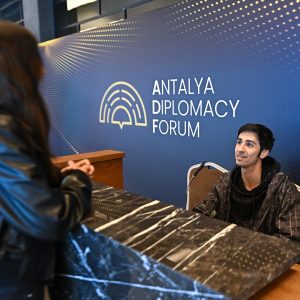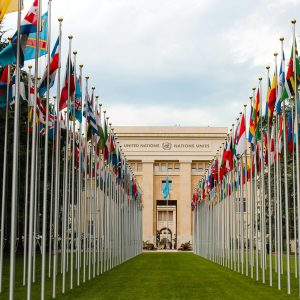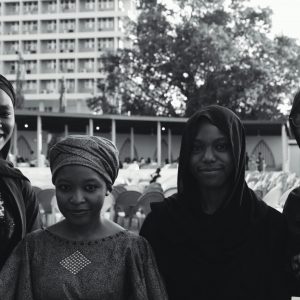Film Sarajevo Safari sheds light on shocking truth about Bosnian War
BELGRADE, Serbia (AA) – Sarajevo Safari, a documentary by Slovenian director Miran Zupanic, uncovers little-known shocking details about the Bosnian War of the 90s.
The film is about rich foreigners who paid money for the opportunity to shoot civilians in the besieged capital of Bosnia and Herzegovina from the positions of the Serb army.
The film, showcased at the Al Jazeera Balkans International Documentary Film Festival, garnered great interest.
The five-day festival boasts a world-class slate of documentaries from around the globe.
The festival aims to encourage writers and documentaries dealing with social phenomena by focusing on universal human values.
Incredible story
Director Zupanic told Anadolu Agency they had been working on the project for more than three years and that a large part of the time was spent looking for witnesses.
“I first heard about the ‘safari’ phenomenon in February 2019. My producer, Franci Zajc, told me about the story. . . . I didn’t believe it,” Zupanic recalled.
He added that Zajc told him that he had a Slovenian witness, who worked for an American agency and was often on the battlefields during the war.
He did not shoot, but he was an observer.
Zupanic said he met the man, but that he was skeptical from the beginning.
“I trusted him, but that was still not enough for the film. You can’t make a story with one witness, especially not so unusual and incredible story,” said Zupanic.
He added that after that they started looking for other witnesses.
“There again, my colleague producer Franci Zajc was in charge. He asked since he had contacts in Bosnia and Herzegovina, and the first person who somehow pulled us further was Nedzad Latic, who introduced Edin Subasic to Zajc, who worked as an intelligence officer of the Army of Bosnia and Herzegovina during the war, and he met with such a case,” said Zupanic.
Film opens new level of human evil
The film was compiled exclusively from the testimony of two sources: three people who were victims of snipers; and archival recordings of Sarajevo and Bosnia and Herzegovina from the period 1993-1994.
He also referred to the importance of the film for getting to know people’s psychology.
“The key question is what kind of people do it? What is their psychological, and social profile?
“I think that the phenomenon of people who look at other people as wild animals should be given a little more attention. To wonder what their morals are and what we ordinary people are in their eyes?
“Because if they look at one as a ‘game animal’, they would probably look at all of us as game animals, if we find ourselves in that situation in front of their crosshairs,” said Zupanic.
He pointed out that there is a narrower group of people for whom the rest are lower class.
“Life is very complex. History is very complex. That may be a drop in the ocean of history. This little story, a little episode where it refers to a very narrow circle, a mysterious circle of people. It is significant precisely because it opens up a completely new level of human evil.
“The main point of that story should be that we think about that evil,” said Zupanic.
Re-screening
The film will also be screened in Slovenia and Istanbul.
The Bosnian War was sparked by the break-up of Yugoslavia, which led Bosnia and Herzegovina to declare independence in February 1992.
Its capital, Sarajevo, came under the attack of Bosnian Serb militias, backed by the Yugoslav army, in what became the longest siege in modern history, lasting nearly four years.
Between April 1992 and December 1995, an estimated 100,000 people were killed and 2.2 million displaced in Bosnia. And as many as 50,000 women, mostly Bosniak, were raped, according to the International Criminal Tribunal for the Former Yugoslavia and UN estimates.











